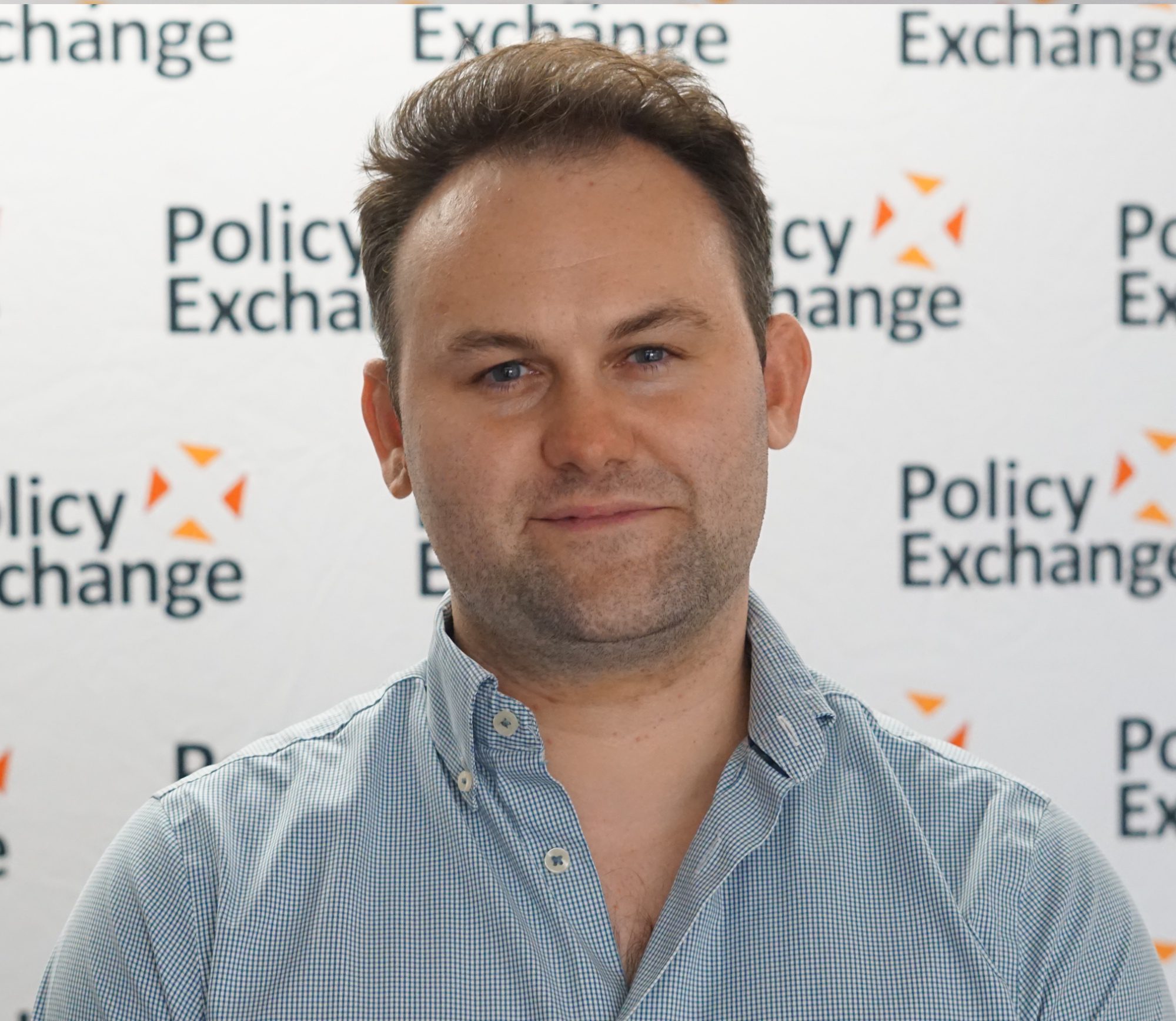
Dr Sean Phillips
Head of Health and Social Care
At an ‘in conversation’ event hosted by Policy Exchange at this year’s Conservative Party Conference, Sajid Javid, Secretary of State for Health and Social Care insisted that investment was required to tackle the challenges facing the NHS, but it would only come with reform. Uncontroversial, surely? Yet this week’s announcement of a new package of funding proved anything but, with the £250m ‘Winter Access Fund’ – the first test of Javid’s model – landing at the epicentre of a febrile media debate around access to general practice, where emotion and opposition has begun to dominate over evidence and consensus-building.
Reading the headlines recently, you could be convinced patients are pitted against GPs; the Government against the British Medical Association and Royal College of General Practitioners. Yet the debate has focused upon two binary and false choices to the detriment of a serious conversation about primary care reform in the long-term: the first, that patients are exclusively pro- in-person consultation (and therefore against any form of remote consultation) and that in-person consultation always represents a superior format for optimal clinical care. Polling conducted by YouGov and shared with Policy Exchange shows that a majority of patients (by a ratio of 61% to 21%) would rather have a same-day video appointment rather than wait longer for a face-to-face appointment. This information hasn’t made into the current debate either.
What is uncontroversial is the scale of the crisis. You get a sense the front door to the NHS is locked, but there’s just a massive queue blocking the entrance. As Jeremy Hunt puts it, we are dealing with a “massive mismatch between supply & demand”. Workforce shortages, especially among GPs, are immediate and not going away. The problem with a bottleneck this big – as we explored in our research on the backlog in elective care – is not just the increase in clinical risk with longer waits as more are unable to get the diagnoses and treatments they need, the issue is compounded when patients feel ‘locked out’ of the system. This has political consequences as well as medical ones – as Isabel Hardman rightly points out – voters often view the NHS as a whole through their relationship with their GP.
This is an emotive issue – the idea of a ‘family doctor’ and a longstanding desire (and expectation) for a continuity of care have been embedded into our expectations. But instead of demanding ‘business as usual’, we need to assess what types of access patients really want and as a result, to be candid about what GPs can realistically deliver.
In response to the crisis, three aspects of the Government’s plan represent a genuine step forward:
- Infrastructural upgrades to safeguard staff and to manage demand – the idea of introducing an NHS covenant (modeled upon the military) to safeguard staff, with £5m from the fund used to upgrade to security measures, in order to tackle the verbal and physical assaults on staff that have been on the rise is welcome. So is an emphasis upon upgrading communications systems, such as cloud-based telephony that can also provide data about patient demand whilst streamlining administration.
- Channelling investment into the worst performing practices is another good move. Research has highlighted the wide geographic disparities in primary care resources in England, so steps to offer support – both financial and transformational, including bosting digital services in underserved areas – represents one of the clearest practical examples of ‘levelling up’ in a healthcare context.
- The intent to create stronger, and faster feedback loops between patient and service provider can also help to strengthen trust and deliver service improvements if used effectively. But details of how real-time post-appointment feedback will precisely operate and how it will be a superior method to existing patient survey requires clarification before it is rolled out by April 2022.
The experience of the past few weeks teaches us that people’s frustration grows when patient choice is not seen to be respected and promoted. The reality is that the silent majority of patients are not being heard. Clearly, many feel strongly that access to their GP face-to-face is the bedrock of their NHS experience. But ultimately, the future direction of primary care should be guided by patients choosing from many options. The starting point should be to assess what patients really prioritise and require, and to adapt commissioning and funding flows accordingly.
Choice itself won’t be a panacea. There is a need to embrace ways of doing things differently to maximise capacity across in system – such as boosting the role of community pharmacy as has taken place in Scotland(and now being pursued in England). Improving the consistency of digital health provision must continue to be a key part of wider reform. For every good and outstanding digital service there are mediocre and poor ones. We need to find a way of letting the highest-quality solutions scale and grow to support patients and staff, whilst building a system that continuously measures the outcomes they deliver.
Policy Exchange will be exploring this topic in more detail as part of a larger piece of work on the future of digital healthcare in the NHS that will launch in the early new year.
The missing piece in this week’s Government plan is a reckoning with the workforce challenge: both the well-documented shortages, but also how to manage the results of changed ways of working by GPs themselves, with more part-time working more wide-spread. The public-practitioner contract (both legal and social) is in need of a reset as a result.
Setting out the key planks of his reforming agenda for health and social care, Sajid Javid noted that it would be underpinned by three planks: digitisation, leadership and integration. General Practice will be a real-world study for his approach, where all three will need to be brought together to deliver the recovery of services and the reset in relations currently required.
